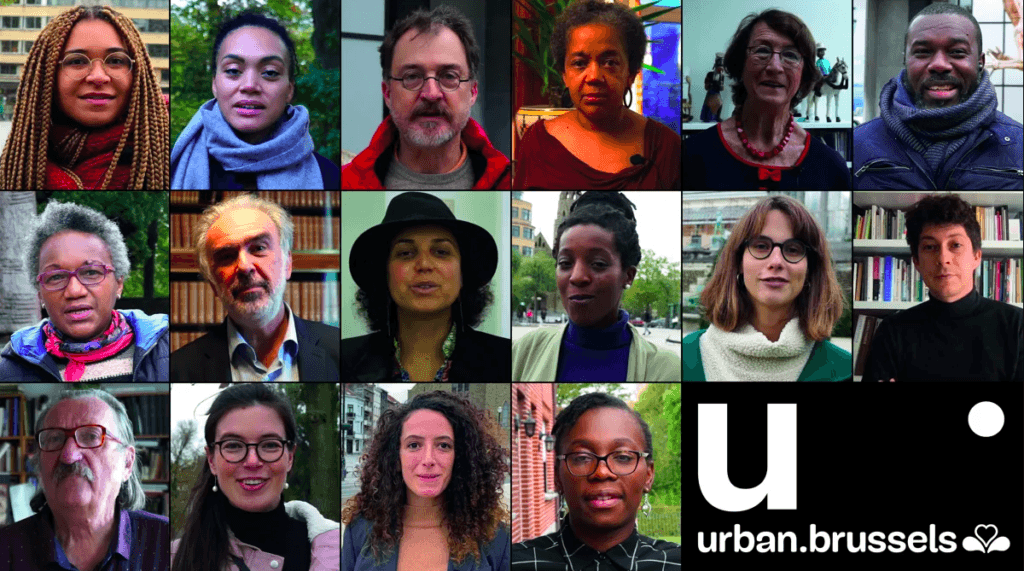A new working group tasked with carving out a path to decolonise public space in the Belgian capital has been selected by regional urbanism agency Urban Brussels.
Sixteen experts in fields ranging to history and architecture to African studies and philosophy were selected as members out of a pool of over two dozen candidates from across the country.
The candidates responded to an open call launched by State Secretary of Heritage and Urbanism Pascal Smet in July, following a wave of anti-racism protests sparked by the police killing of Black American George Floyd which reignited debates over Belgium's colonial legacies.
Related News
- Flanders issues manual to managing monuments of colonial past
- Leopold II statue defaced again in Africa Museum
- Proposal to allow artists to legally graffiti Leopold II statue
In a press release, Smet said that the new working group, set to begin work by mid-November, will reflect on Brussels' common future "by acknowledging our colonial past and, above all, recognising the mistakes."
"Brussels does not have a dominant culture. Many people in Brussels have a common past, but above all we have a common future," he said.
The creation of the group follows months of charged debate and instances of unrest over the presence of statues and memorials to Belgium's polarising colonial king, Leopold II, and the country's colonial rule over the Congo.
Several statues, busts and monuments were defaced and some ultimately taken down as the global spread of the US anti-racism and police brutality movement, Black Lives Matter (BLM) galvanised decolonisation activists in Belgium to throw the colonial question back into the spotlight.
The surge in support led two universities to announce the removal of Leopold II busts from campus buildings, including Belgium's leading university, KU Leuven. It also saw Ixelles Mayor Christos Doulkeridis discreetly announce that the Brussels municipality, home to a large Congolese diaspora, would be removing the bust of a brutal colonial general from a public park.
In the wake of the protests, Belgium's King Philippe sent a letter to the Congolese government in late July expressing his "deepest regrets" for the colonial cruelties committed by Belgium, in an unprecedented move by a member of the royal family.
"How should we deal with this colonial period that keeps recurring in our street names, statues or through other references?" Smet wrote. Do we take it away, contextualise it or do we do something completely different? Do we, for example, place a [memorial] for decolonisation in Brussels? There are a lot of questions."
The working group is set to get to work on issuing a report, due by 2021, aimed at informing and steering short and long-term urban policies and public space renovations in the capital.
In Flanders, where several colonial monuments were defaced or taken down, the regional government recently issued a manual aimed at guiding local governments on how to deal with public signs and symbols of colonialism.
Gabriela Galindo
The Brussels Times

